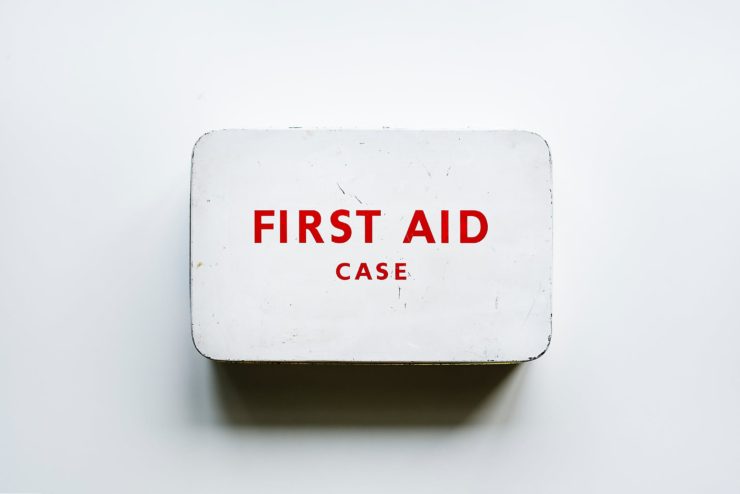Drones to Deliver Vaccines in Vanuatu

In the world’s first ever trial, drones will be used to deliver valuable vaccines to remotes area of Vanuatu which are otherwise difficult to access. The Vanuatuan government has awarded contracts to two commercial drone companies, German Wingcopter Holding and Swoop Aero, who outbid over 18 other drone companies. Vanuatu has 83 islands which are spread over 1,500 square kilometers, and only around 1/3rd of the islands have runways and established roads, making delivery of essential healthcare supplies a major logistical challenge.
“Ensuring that these supplies are consistently available at various health facilities is a major challenge for Vanuatu because of geography, high costs and logistics,” George Taleo, Director General of Vanuatu Ministry of Health, said in a statement. The drone program is supported by the UNICEF (United Nations children’s charity), which is the largest vaccine provider on the planet. UNICEF has been instrumental in setting up this trial and stated that the drone technology has great potential to revolutionize healthcare around the world.
Andrew Parker, the Chief of UNICEF field office, said that the vaccines are chosen as the 1st medicine for drone delivery since they are temperature sensitive, expensive, delicate and difficult to transport safely. Parker added by saying that the trials are very exciting although there are some risks involved, for instance, the drones could scare the local people or get lost over the sea or the remote mountain regions. They can also be affected by heavy winds and storms.
The trials will start in December 2018 when the drones will fly off from an airstrip on the main island of Efate, then fly over Pacific islands and deliver the package to a field on a separate island. The second phase of the trials will start in January 2019 when the drones will start delivering the vaccines to healthcare facilities on other islands.
Parker said that if these trials are successful, the drones could be used to deliver various other medical supplies like blood, as well as collect samples, and then fly them back to the central laboratory for testing. These trials follow in the footsteps of other drone delivery services that are being tried in Rwanda and Tanzania, where the governments are looking to overcome major logistical problems that are posed by poor road infrastructure.
|